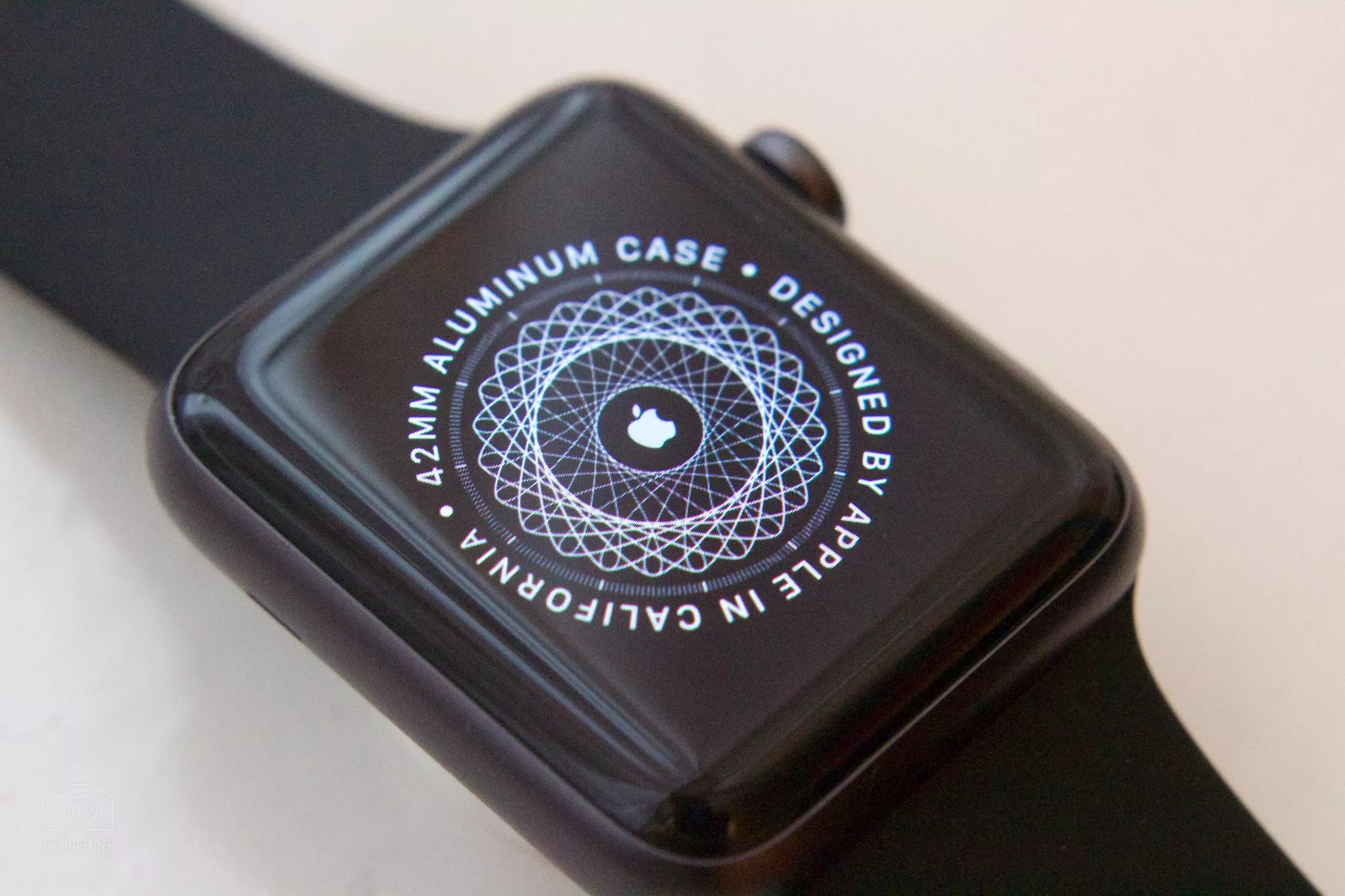

Audio By Carbonatix
“Physician, heal thyself,” goes the ancient proverb. But how so?
A new study conducted at the University of Colorado’s School of Medicine in Aurora and the Mayo Clinic in Rochester, Minnesota, sought to take a stab at reducing physician burnout by having them monitor their own well-being with smartwatches as well as their own physiological data, such as step count, heart rate and sleep cycle.
According to a 2022 study, around 63 percent of physicians – could be your family doctor, cardiologist or oncologist – have experienced burnout, an adverse phenomenon resulting from chronic, high levels of occupational stress. As smartwatches, rings and other forms of self-monitoring increase in popularity, some Colorado researchers looked into the new tech as way to help heal the healers.
Burnt-out doctors aren’t optimal for diagnosing or operating on patients: They’re more likely to report recent medical errors, be involved in malpractice suits, lack professionalism, and display biases against Black patients, according to the study by CU and the Mayor Clinic. They’re also more prone to alcohol use disorder, suicidal ideation, and vehicular accidents. (According to surveys and interviews earlier this year, Colorado nurses aren’t faring much better.)
CU-Anschutz partnered with the Mayo Clinic to respond to a call by the National Academy of Medicine to prioritize, prevent, and mitigate burnout. According to the reports’ authors, the topic has been largely ignored, with burnout solutions and well-being practicies “hampered by relatively few robust intervention studies having been conducted.”
Researchers hypothesized that physicians with individualized access to their own data would take actions to mitigate stress and improve their well-being. (If your watch says your heart rate is elevated, maybe you take five minutes for breath work or meditation on your next break; or if your watch says you barely had any deep or REM sleep last night, you can prioritize an early bedtime tonight.)
Study subjects, all physicians who worked for the CU School of Medicine or the Mayo Clinic, covered a spectrum of specialties in medicine, and were split into two groups: one with immediate results from their smartwatches, and another group whose smartwatches just collected data. Researchers tracked both groups for six months, and then used a psychological assessment called the Maslach Burnout Inventory, along with the Connor-Davidson Resilience Scale, quality of life on a one-to-ten scale, a ten-item perceived stress scale and a sleepiness scale to determine outcomes from their experiment.
The results showed significant promise, with a 54 percent reduction in the odds of overall burnout after six months in the cohort using smartwatches with regular intervention. According to the study’s authors, this is strong evidence that we can’t just let our smartwatches collect the data. We must engage with the data often, too, because checking our stats monthly doesn’t suffice.
Despite the strong rates of burnout reduction, researchers found “no statistically significant difference” in quality of life, depressive symptoms, stress or sleepiness, suggesting wearing a smartwatch and having access to its collected data does not lead to global improvements in well-being.
“Rather, wearing a smartwatch shows promise as an individual strategy to mitigate burnout and improve resilience, and it should be coupled with other individual and organizational efforts to address well-being more broadly,” the study notes, adding that “wearing a smartwatch over longer periods of time could further facilitate behaviors that improve overall quality of life.”
Whether you’re a doctor or anyone with a stressful job, maybe it’s time to finally strap it on.